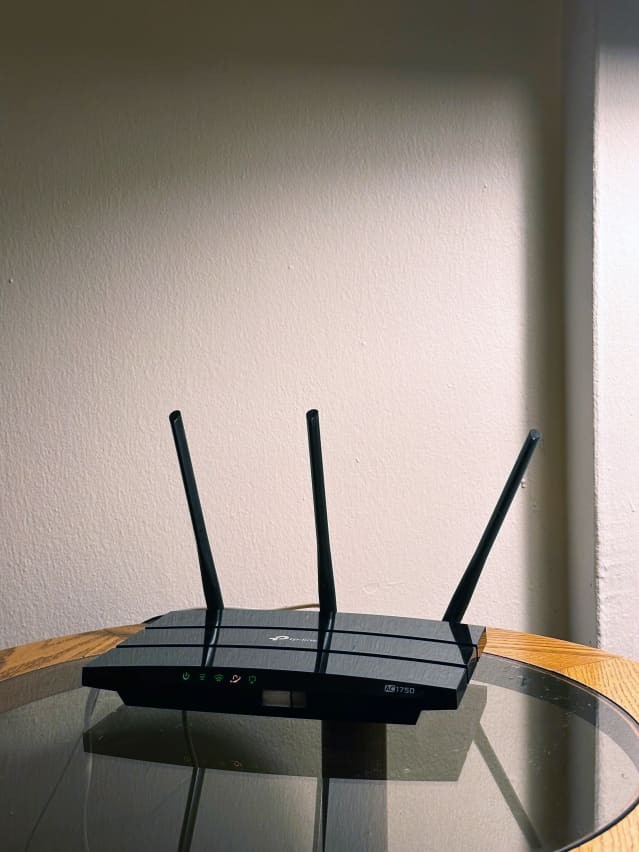
Recent investigations by US government departments have put popular router manufacturer TP-Link under scrutiny, raising questions about security and Chinese influence. Here's what you need to know about the potential ban and its implications.
The Investigation
The US Commerce, Defense, and Justice Departments are investigating TP-Link following concerns raised by members of the House Select Committee on Strategic Competition between the US and China. The key worry centers on whether Chinese state-sponsored hackers could more easily compromise TP-Link routers compared to other brands.
TP-Link USA's president Jeff Barney maintains they are a separate entity from TP-Link Tech in mainland China. The company completed restructuring in 2024, moving operations from Hong Kong to headquarters in California and Singapore, with manufacturing now based in Vietnam.
Market Position
While exact figures are debated, TP-Link has gained substantial market share in the US router market. The company reports holding a 36.5% unit share in 2024, driven by competitive pricing and early adoption of Wi-Fi 7 technology.
Security Concerns
Several security incidents have raised red flags:
- A Microsoft report highlighted "password spraying" attacks primarily affecting TP-Link routers
- Researchers discovered malicious firmware implants linked to Chinese state-sponsored groups
- Vulnerabilities in TP-Link routers have been found for sale on underground forums
However, no evidence of deliberate wrongdoing has emerged. TP-Link participates in CISA's "Secure by Design" pledge and maintains a vulnerability disclosure program with average patch release times of 38.5 days.
What This Means for Consumers
If you own a TP-Link router or are considering buying one, here are recommended security steps:
- Change default login credentials immediately
- Regularly check and install firmware updates
- Enable firewall and Wi-Fi encryption features
- Consider alternatives if security concerns persist
The primary risk isn't individual surveillance but the potential use of compromised routers in larger-scale cyberattacks against US infrastructure.
Looking Ahead
While some experts predict an imminent ban, TP-Link leadership remains confident. The investigation continues, but regardless of outcome, the situation highlights growing tensions between US cybersecurity interests and Chinese technology companies.
The broader concern extends beyond TP-Link - all major router manufacturers face security challenges and vulnerability issues. The key difference lies in geopolitical implications and the level of trust consumers place in various manufacturers.